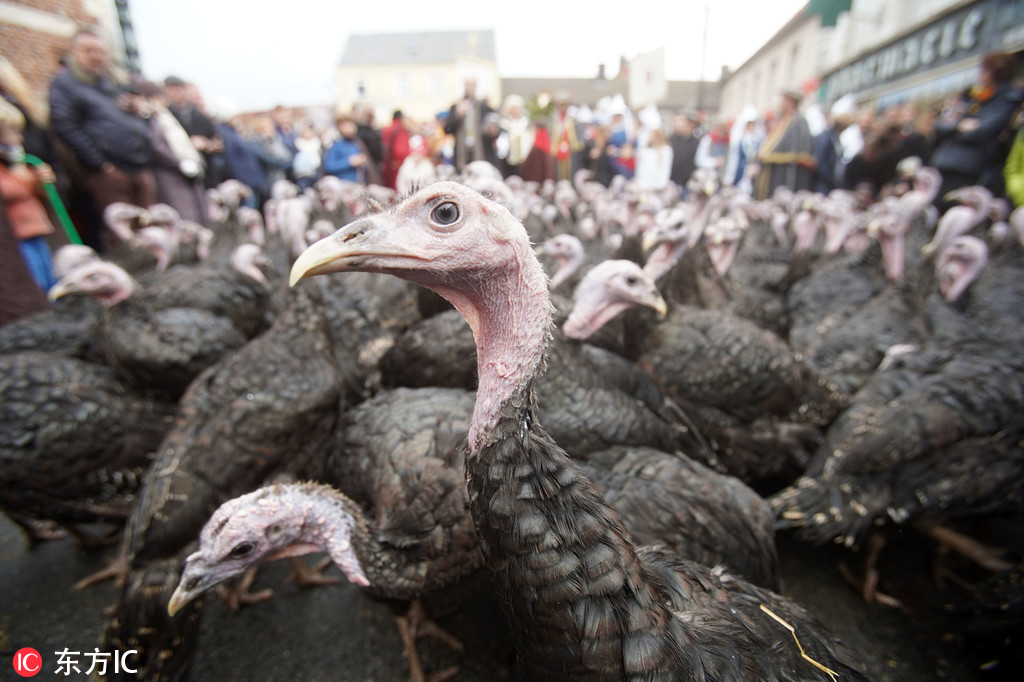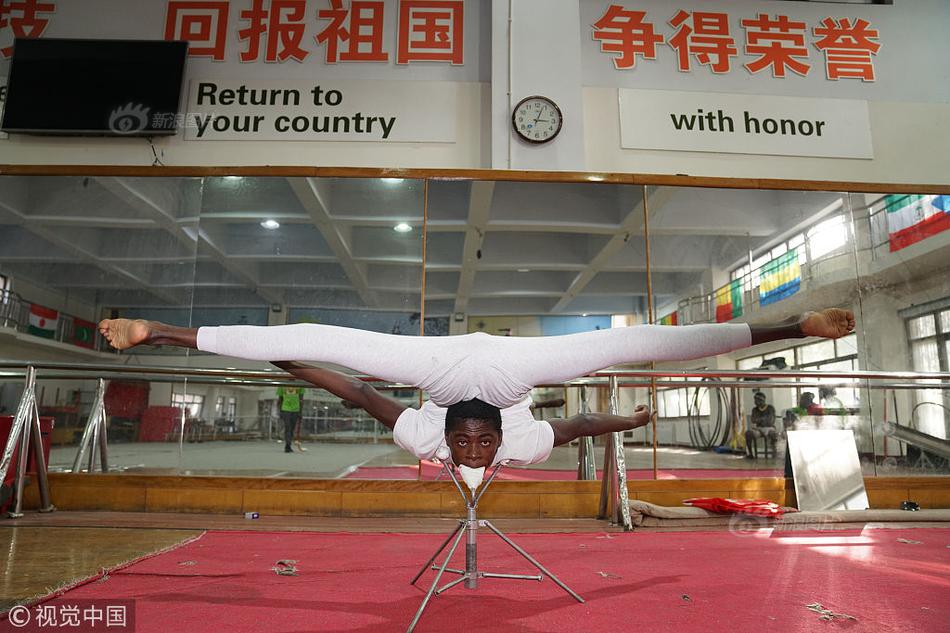The DMCAU.S. Senate apparently likes daylight saving time so much that it wants to make it permanent. Legislators unanimously voted to approve the Sunshine Protection Act on March 15, 2022, which would establish daylight saving time as the default all year round for the states that observe it — meaning darker mornings and brighter evenings in winter.
The bill must be passed by the House of Representatives and then signed by the President before it can come into effect. But if it does, Americans will no longer have to change their clocks twice every year starting from 2023.
"The public safety improvements, economic benefits, and the wellbeing of the American people are all excellent and credible reasons to embrace year-long Daylight Saving Time," said Senator Cindy Hyde-Smith. "I believe the Sunshine Protection Act would give us an immediate and long-term boost after a terrible pandemic year and a very dark winter."
Time zones will remain in place and unaffected, and states or territories which don't already observe daylight saving time won't be forced to do so.
Daylight saving time was first introduced to the U.S. in 1918 as a means of saving fuel during World War I, copying Germany's adoption of the practice in 1916. It was extremely unpopular with farmers, who had less morning light to help with their work, and was quickly scrapped as a national measure after the war.
However, some localities decided to keep daylight saving time — most notably New York City. Daylight saving time was more popular in urban areas because it provided more daylight after work hours for shopping and recreation, the increased spending also boosting the economy. Thus while rural areas were eschewing daylight saving time, cities were adopting it.
The U.S. reinstated a national daylight saving time during World War II, then abolished it again after the war ended in 1945. But the overall discord and confusion regarding time across the country remained, eventually prompting the Uniform Time Act of 1966. This law established time zones and daylight saving time, mandating that an entire state must stick to the same time, and that states which opt to use daylight saving time must change their clocks on nationally set dates.
Various experiments and amendments have been executed since then, including a fuel-conserving trial of year-round daylight saving time from 1974 to '75, and changes to start and end dates to extend daylight saving time.
Aside from averting missed meetings and no longer having to adjust all your clocks, supporters of the Sunshine Protection Act extol numerous benefits to permanently adopting daylight saving time.
The most immediately obvious purported upside is the energy saved, as people are expected to turn their lights on one hour later. Yet studies have been mixed or inconclusive regarding daylight saving time's actual impact on energy consumption, with some finding either minimal reduction or an actual increase.
Fortunately there are many other positive effects that make the switch to permanent daylight saving time well worth it. Moving our clocks forward to daylight saving time every year causes significant disruption to our sleep patterns, correlating to higher rates of strokes and heart attacks, and exacerbated mood disorders. A 2015 study found that people over 65 are 20 percent more likely to have a stroke in the two to five days after transitioning to daylight saving time than at any other time of the year.
SEE ALSO: Pets have no idea it's daylight saving time, and it's going to be a rough weekAbolishing this practice will eliminate this risk — as well as reducing motor accidents caused by driver fatigue and decreased visibility. In 2020 a study found a six percent increase in fatal car accidents during the week after clocks are adjusted in spring.
It's also hoped that making daylight saving time permanent will increase children's health and fitness by encouraging them to spend more time outdoors, while stimulating the economy by prompting adults to stay out longer. (Of course, it could also have a negative impact on some industries such as television.)
Further, the rate of crime may decrease, with a 2015 study finding robberies dropped by seven percent in the weeks after daylight saving time comes into effect. Though it isn't clear exactly why this is the case, researchers have theorised that increased daylight, a higher probability of witnesses, or simply fatigue could be contributing factors. Assaults have also been seen to drop, with rates decreasing at the start of daylight saving time and increasing after it ends.
The Sunshine Protection Act hasn't been made law yet, so you'll still have to adjust your clock back this November. But if the U.S. establishes a permanent daylight saving time, it may be the last time you need do so.
 Score the TCL Q6 Series 4K UHD TV for $1,499.99
Score the TCL Q6 Series 4K UHD TV for $1,499.99
 Apple's new iOS 26 makes live translation seamless
Apple's new iOS 26 makes live translation seamless
 NYT Connections Sports Edition hints and answers for June 8: Tips to solve Connections #258
NYT Connections Sports Edition hints and answers for June 8: Tips to solve Connections #258
 Wordle today: The answer and hints for February 22, 2025
Wordle today: The answer and hints for February 22, 2025
 Apple was never going to 'win' its WWDC keynote
Apple was never going to 'win' its WWDC keynote
 E3 2017 Trailer Roundup: Upcoming PC Games
E3 2017 Trailer Roundup: Upcoming PC Games
 Antigua GFC vs. Seattle Sounders 2025 livestream: Watch Concacaf Champions Cup for free
Antigua GFC vs. Seattle Sounders 2025 livestream: Watch Concacaf Champions Cup for free
 WWDC 2025: All the Apple Intelligence features coming to your devices
WWDC 2025: All the Apple Intelligence features coming to your devices
 WWDC 2025: All the new Messages and Phone features
WWDC 2025: All the new Messages and Phone features
 French Open 2025 livestream: Watch Roland
French Open 2025 livestream: Watch Roland
 Best headphones deal: Save $100 on Beats Solo 4
Best headphones deal: Save $100 on Beats Solo 4
 Apple's WWDC 2025 keynote ends with a piano man singing real App Store reviews
Apple's WWDC 2025 keynote ends with a piano man singing real App Store reviews
 NYT Connections hints and answers for June 9: Tips to solve 'Connections' #729.
NYT Connections hints and answers for June 9: Tips to solve 'Connections' #729.
 #rateaspecies is basically Yelp reviews for zoo animals
#rateaspecies is basically Yelp reviews for zoo animals
Apps aren't dead — they're thriving to the tune of $89 billionTristan Trump stole the show from his grandpa on Inauguration DayCelebrities share the empowering reasons they're marching for women todayThe moment Donald Trump became president of the United StatesParty planes full of 'nasty women' are heading to DCThe internet can't get enough of this insane 'Super Mario Maker' levelMadonna outThousands form human chain across Golden Gate Bridge in powerful message to TrumpJaden Smith kicks off 'He Will Not Divide Us' performance art for the Trump presidencyCelebrities flood Instagram with final 'Thanks, Obama' postsTwo teens freaked out the internet by 'eating' ramen from a toiletThousands form human chain across Golden Gate Bridge in powerful message to TrumpPlane full of Women's March supporters headed to Washington, D.C. turns on pink cabin lightsHere's George W. Bush trying his best to figure out how ponchos work at the inaugurationAmazon plans to train thousands of veterans for work in the tech industryIt rained on Donald Trump. Is it a blessing, the sky weeping or just, you know, weather?Wow, Obama's outgoing letter to Trump speaks volumesDonald Trump's inauguration address included a Bane quoteCelebrities flood Instagram with final 'Thanks, Obama' postsDonald Trump's inauguration address included a Bane quote Solve These Rhyming Riddles and Win a Free Subscription The evolution of the popular music subreddit r/indieheads Prime Day 2023 luggage deals: Shop from top brands like Samsonite and SwissGear A New Book from Beatrix Potter Your fruits are spoiling because you're storing them wrong, according to TikTok Air frying french toast sticks, per a viral TikTok, makes no sense. Just use a pan. Who Said a Public Poem Has to Cheer You Up? Remembering Arnold Greenberg and the Complete Traveller Walmart+ Weekend: Walmart's answer to Prime Day starts June 2 NYT's The Mini crossword answers for October 11 My Life Polishing Silver The Actor James Mason Had a Great Sideline: Drawing Cats This Sporting Life: On David Storey’s Classic Rugby Novel The Bizarre Books of George Leonard Herter TikTok finally rolls out a creator crediting tool Watch a Strange, Spooky Documentary About Isak Dinesen On the Merits of Disturbing Literature 30+ Prime Day 2 sex toy deals: LELO, Satisfyer, more Workers Have Feelings, Too, and Other News by Dan Piepenbring Feel the Revolutionary Energy in Early Soviet Photography